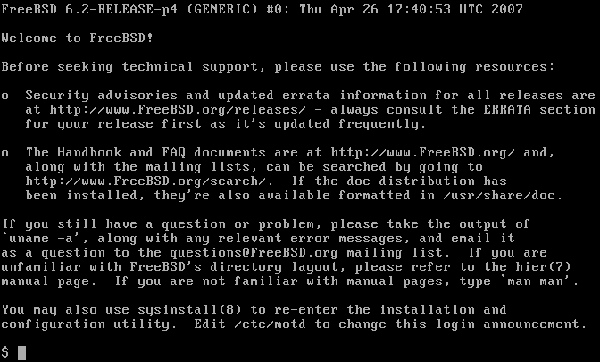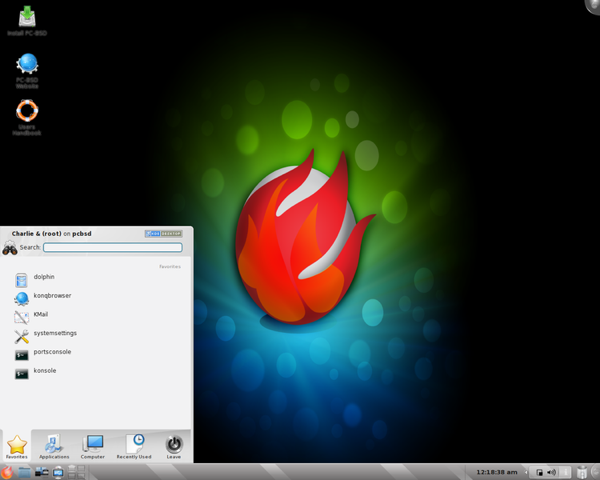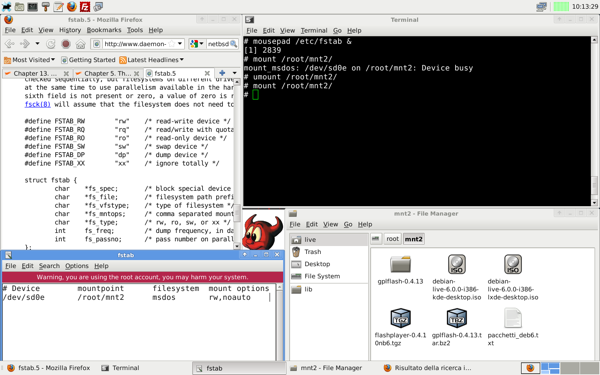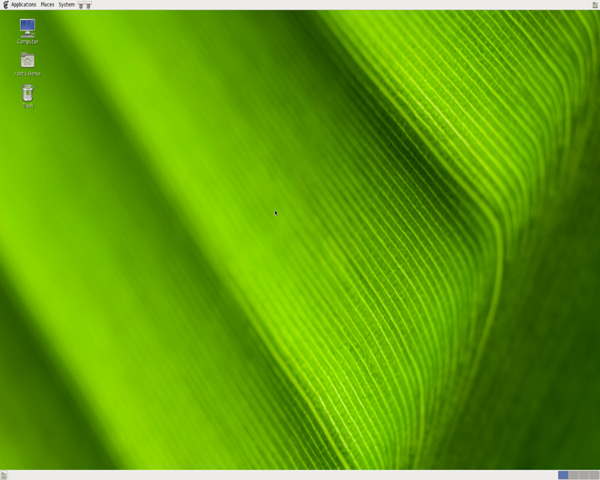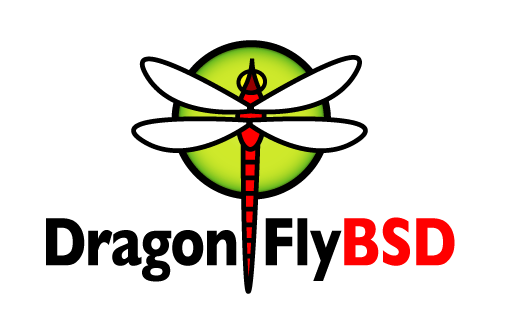If you pay any attention at all to the tech press, you’ll hear quite a bit about Linux, but it seems lately that BSD-based operating systems get almost no love. Here’s a roundup of some free and open source BSD systems.
First, some historical background. When Bell Labs programmers developed the original Unix operating system in the ’70s, they couldn’t really market it because the phone company was only allowed to sell phone service, not computers by law. They could, however, give it away to universities for practically nothing. UC Berkeley was one of these universities. Students there quickly made improvements. Some of the notable additions include virtual memory, the vi text editor, and most importantly,the BSD TCP/IP protocol stack, widely used by other systems, including Windows.
The BSD licenses, since they were developed in an academic institution, were licensed freely (Unix itself was still under AT&T copyright.) In the ’90s, however, various groups started building complete systems based on the original BSD code.
FreeBSD
FreeBSD is a system designed for efficiency, performance, and security. It was originally designed for the x86 processor, but has branched out into several other architectures. It’s great if you want to set up a rock-solid server for your Web apps. FreeBSD’s been used by companies such as Yahoo and Hotmail, and Apple bases Mac OS X on it.
PC-BSD
FreeBSD is stable and reliable, but can be intimidating for nontechnical users. Okay, very intimidating. PC-BSD could be FreeBSD’s answer to Ubuntu: an attempt to create a user-friendly version of a powerful operating system for mere mortals.
NetBSD
NetBSD aims for hardware portability with the slogan “Of course it runs NetBSD.” It runs on just about every architecture out there, from Intel to Alpha, even on the Digital VAX, if you happen to have one of those old minicomputers lying around. It’s also popular in embedded systems, and is used in a lot of routers. It’s even been run on a toaster.
OpenBSD
OpenBSD is the operating system for people who are paranoid. The development team is focused on making the system as security-conscious as possible. Since the project is based in Canada, they don’t have some of the complications in making the necessary cryptographic software available. They also audit their own code and other’s strictly. Their home page boasts that only two remote holes have been found in the project’s history.
DragonFly
DragonFly is a spin-off of FreeBSD that happened when one of the developers disagreed over the direction of the project. DragonFly aims at taking advantage of SMP (symmetric multi-processing), which is more important given the spread of multi-core CPUs recently.
We covered 6 Linux Distros to Run from a USB Drive and 5 Little-known Open Source Operating Systems. This should be enough for those curious about BSD to get started.

